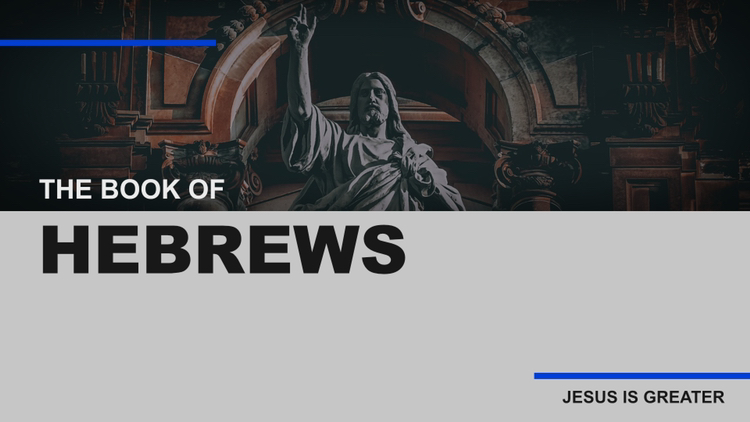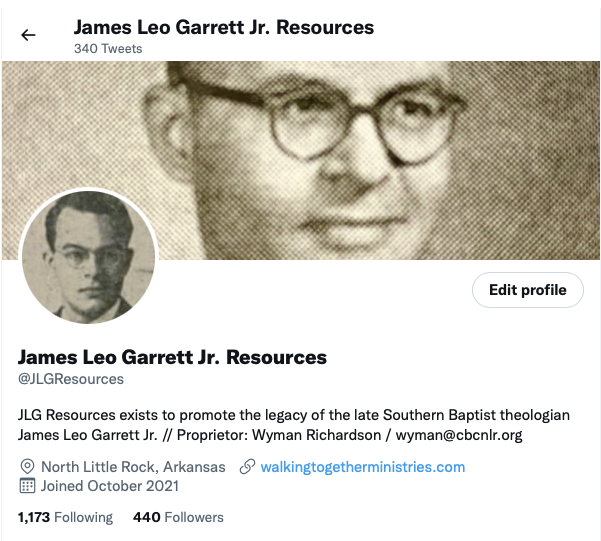
Hebrews 10:1-18
1 For since the law has but a shadow of the good things to come instead of the true form of these realities, it can never, by the same sacrifices that are continually offered every year, make perfect those who draw near. 2 Otherwise, would they not have ceased to be offered, since the worshipers, having once been cleansed, would no longer have any consciousness of sins? 3 But in these sacrifices there is a reminder of sins every year. 4 For it is impossible for the blood of bulls and goats to take away sins. 5 Consequently, when Christ came into the world, he said, “Sacrifices and offerings you have not desired, but a body have you prepared for me; 6 in burnt offerings and sin offerings you have taken no pleasure. 7 Then I said, ‘Behold, I have come to do your will, O God, as it is written of me in the scroll of the book.’” 8 When he said above, “You have neither desired nor taken pleasure in sacrifices and offerings and burnt offerings and sin offerings” (these are offered according to the law), 9 then he added, “Behold, I have come to do your will.” He does away with the first in order to establish the second. 10 And by that will we have been sanctified through the offering of the body of Jesus Christ once for all. 11 And every priest stands daily at his service, offering repeatedly the same sacrifices, which can never take away sins. 12 But when Christ had offered for all time a single sacrifice for sins, he sat down at the right hand of God, 13 waiting from that time until his enemies should be made a footstool for his feet. 14 For by a single offering he has perfected for all time those who are being sanctified. 15 And the Holy Spirit also bears witness to us; for after saying, 16 “This is the covenant that I will make with them after those days, declares the Lord: I will put my laws on their hearts, and write them on their minds,” 17 then he adds, “I will remember their sins and their lawless deeds no more.” 18 Where there is forgiveness of these, there is no longer any offering for sin.
Ron Sider died this week, on Wednesday, July 27. He was an interesting and, at times, controversial theologian. His best-known book is Rich Christians in an Age of Hunger in which he attacks materialism and indifference toward the poor among Christians. It is a fascinating book. However, I was most struck by his 2005 work, The Scandal of the Evangelical Conscience: Why Are Christians Living Just Like the Rest of the World?. As the title suggests, in this book he takes a close look at the moral and ethical lives of self-professing believers. What he finds is troubling to say the least. That book begins like this:
Once upon a time there was a great religion that over the centuries had spread all over the world. But in those lands where it had existed for the longest time, its adherents slowly grew complacent, lukewarm, and skeptical. Indeed, many of the leaders of its oldest groups even publicly rejected some of the religion’s most basic beliefs.
In response, a renewal movement emerged, passionately championing the historic claims of the old religion and eagerly inviting unbelievers everywhere to embrace the ancient faith. Rejecting the skepticism of leaders who no longer believed in a God who works miracles, members of the renewal movement vigorously argued that their God not only had performed miraculous deeds in the past but still miraculously transforms all who believe. Indeed, a radical, miraculous “new birth” that began a lifetime of sweeping moral renewal and transformation was at the center of their preaching. Over time, the renewal movement flourished to the point of becoming one of the most influential wings of the whole religion…
Then the pollsters started conducting scientific polls of the general population. In spite of the renewal movement’s proud claims to miraculous transformation, the polls showed that members of the movement divorced their spouses just as often as their secular neighbors. They beat their wives as often as their neighbors. They were almost as materialistic and even more racist than their pagan friends. The hard-core skeptics smiled in cynical amusement at this blatant hypocrisy. The general population was puzzled and disgusted. Many of the renewal movement’s leaders simply stepped up the tempo of their now enormously successful, highly sophisticated promotional programs. Others wept.
This, alas, is roughly the situation of Western or at least American evangelicalism today.[1]
Church, the crisis of our day is a crisis in the area of sanctification. What is sanctification? Let me offer two definitions. First, Grant Osborne and George Guthrie define it like this:
Sanctification is the process by which we step by step become more like Christ, and this is a “perfect process” and goal for the Christian life.[2]
F.F. Bruce writes:
The sanctification which his people receive in consequence is their inward cleansing from sin and their being made fit for the presence of God, so that henceforth they can offer him acceptable worship.[3]
I might put it like this: sanctification is our journey toward becoming perfectly holy.
Does that trouble you? “Perfectly holy”? I wonder why it does? Surely perfection must be our goal, no? Jesus, in Matthew 5, plainly says:
48 You therefore must be perfect, as your heavenly Father is perfect.
So we “must be perfect.” Note that I defined sanctification as “our journey toward” perfection. Yes, we are beset by sin and the weakness of the flesh, but when is the last time you reminded yourself that the end goal of the Christian life is union with Christ in perfect holiness?
Hebrews 10 is going to argue for sanctification, but it does so in interesting ways. Above all, however, it links our sanctification to the cross of Christ. The question, then, is not, “What must I do to be sanctified?” No, the first question is, “What has Christ accomplished for us on the cross?” If we get that wrong, then any other conversation about sanctification, about holiness, about becoming like Jesus, is doomed to be misguided.
The first nine verses are essentially a restatement of the previous few chapters in which the author has argued for both the superiority of Jesus and the superiority of the sacrifice that Jesus offered on the cross.
1 For since the law has but a shadow of the good things to come instead of the true form of these realities, it can never, by the same sacrifices that are continually offered every year, make perfect those who draw near. 2 Otherwise, would they not have ceased to be offered, since the worshipers, having once been cleansed, would no longer have any consciousness of sins? 3 But in these sacrifices there is a reminder of sins every year. 4 For it is impossible for the blood of bulls and goats to take away sins. 5 Consequently, when Christ came into the world, he said, “Sacrifices and offerings you have not desired, but a body have you prepared for me; 6 in burnt offerings and sin offerings you have taken no pleasure. 7 Then I said, ‘Behold, I have come to do your will, O God, as it is written of me in the scroll of the book.’” 8 When he said above, “You have neither desired nor taken pleasure in sacrifices and offerings and burnt offerings and sin offerings” (these are offered according to the law), 9 then he added, “Behold, I have come to do your will.” He does away with the first in order to establish the second.
In verses 10-18, however, he gives further insight into what exactly was accomplished on the cross of Christ.


